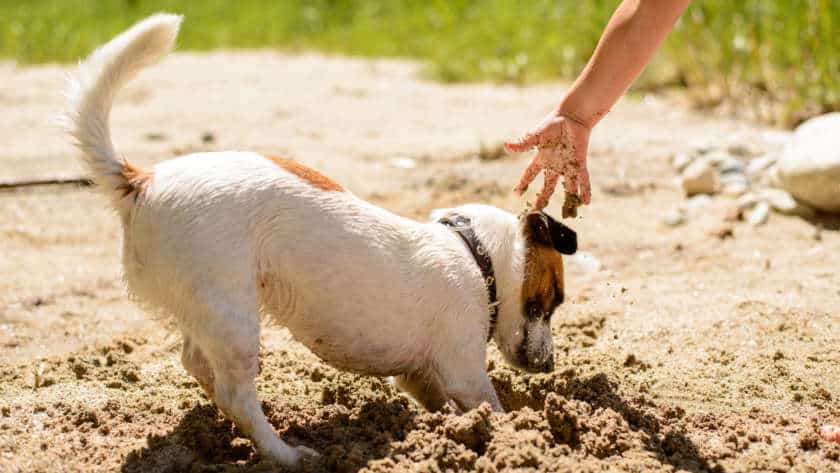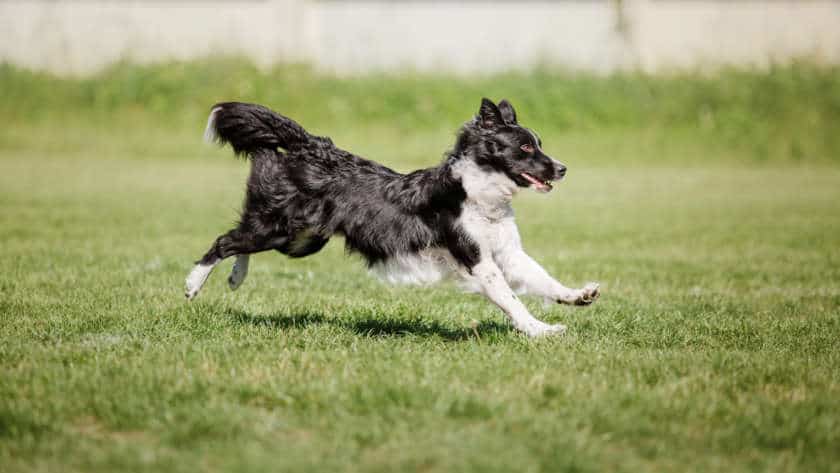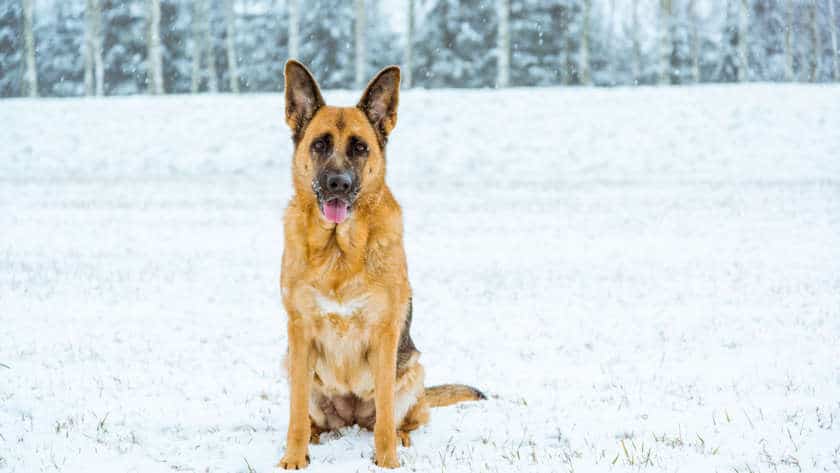Puppy Training: Preventing Barking Problems Before They Start Puppies have a natural instinct to bark, yet too much barking can be a problem for both you and your neighbors. It is important to prevent barking problems before they start. Here are some hints to help:
Let your puppy socialize early on. This will make them…










